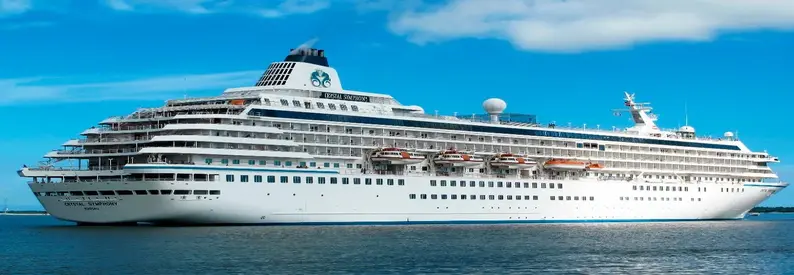CDC Cruise Ship Inspection Team Slashed Amid Soaring Norovirus Outbreaks

In a move drawing widespread concern across the public health and travel sectors, Health and Human Services Secretary Robert F. Kennedy Jr. has dismantled the Centers for Disease Control and Prevention’s (CDC) Vessel Sanitation Program (VSP) by laying off its entire civilian workforce. The decision arrives as the U.S. sees a sharp surge in cruise ship norovirus outbreaks, raising alarms about onboard health and safety oversight.
According to multiple officials cited by CBS News, the VSP—a critical program responsible for inspecting cruise ships and managing infectious disease outbreaks—has been gutted, with only about a dozen U.S. Public Health Service officers left to carry out its operations. Among the terminated staff was the sole epidemiologist overseeing cruise ship-related disease investigations.
The most puzzling aspect, according to internal CDC sources, is that the Vessel Sanitation Program is not taxpayer-funded. Cruise lines pay inspection fees, making the program self-sustaining. The CDC’s civilian staff, now laid off, was instrumental in outbreak response, inspections, and health communications.
This decision is part of a sweeping round of layoffs at the CDC that eliminated around 2,400 roles. However, officials are particularly concerned about the timing: the layoffs coincide with a nationwide spike in norovirus cases, driven by a new viral strain. In just the first few months of 2025, at least a dozen cruise ship norovirus outbreaks have been reported—nearly equaling last year’s total of 18 outbreaks.
Several sources confirmed that CDC personnel were actively responding to two ongoing outbreaks when the layoffs occurred, abruptly halting critical investigations.
An HHS spokesperson attempted to reassure the public, stating that the remaining commissioned officers will ensure continued monitoring of cruise ship illnesses. “CDC’s Vessel Sanitation Program continues to track and report gastrointestinal outbreaks,” the spokesperson said.
However, current and former CDC officials dispute this optimistic outlook. Without civilian support staff, the remaining officers now face the added burden of administrative, communication, and coordination duties, once handled by their now-dismissed colleagues. This, they warn, may lead to delays or even reductions in ship inspections and disease response capabilities.
Erik Svendsen, former head of the CDC’s Division of Environmental Health Science and Practice, voiced serious concerns. “None of the civilian staff are there to support them. I don’t know how long they can sustain this mission alone,” he said.
The VSP, once staffed by roughly two dozen experts, conducted nearly 200 cruise ship inspections in the last fiscal year. With only one epidemiologist remaining—who is still in training—experts fear the program’s collapse could increase health risks for cruise passengers.
Cruise ship inspections cover critical areas such as food safety, water quality, and medical readiness, making the VSP one of the only regulatory safeguards against outbreaks at sea. With staffing shortages and long training times—up to six months for new inspectors—public health experts are questioning whether the program can continue to meet its mandate.
Related News: https://suspicious-zhukovsky.67-21-117-18.plesk.page/category/cruise/
